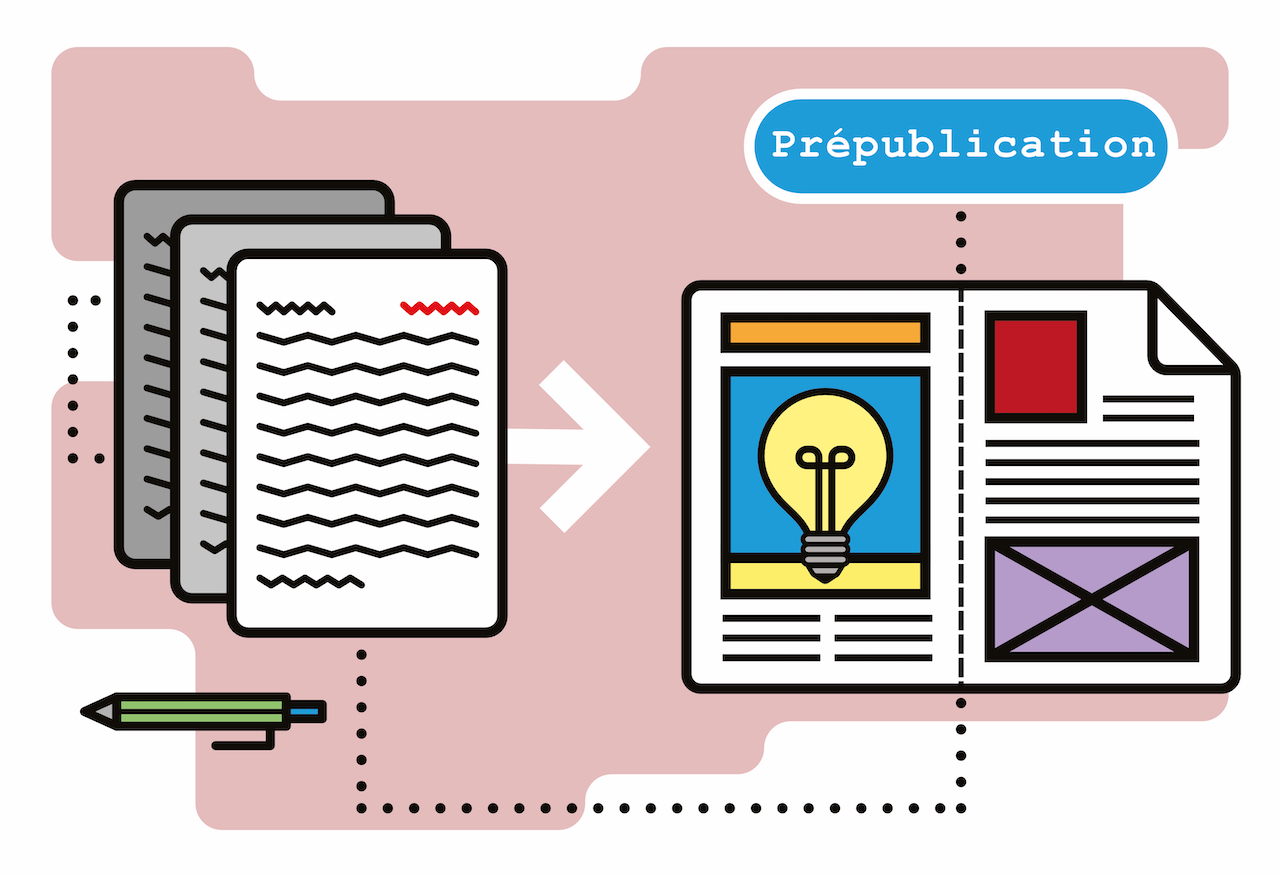Fiche du document
12 octobre 2020
- ISIDORE Id: 10670/1.4f4982...
- hal: hal-02964579
info:eu-repo/semantics/OpenAccess
Mots-clés
Islamic Banks Conventional Banks Economic Uncertainty Bank Stability World Uncertainty Index G - Financial EconomicsSujets proches
ReligiosityCiter ce document
Mehmet Huseyin Bilgin et al., « Economic uncertainty and bank stability: Conventional vs. Islamic banking », HAL SHS (Sciences de l’Homme et de la Société), ID : 10670/1.4f4982...
Métriques
Partage / Export
Résumé
In this paper, we explore whether economic uncertainty differently affects the default risk of Islamic and conventional banks. Using a sample of 568 banks from 20 countries between 2009 and 2018, we take advantage of the World Uncertainty Index (WUI) proposed by Ahir et al. (2018) to conduct a study based on a comparable measure across countries. Our findings indicate that, while economic uncertainty increases the default risk of conventional banks, Islamic banks' default risk is not affected. To shed light on why economic uncertainty differently influences the default risk of Islamic and conventional banks, we explore the influence of religiosity, institutional factors and bank-level heterogeneity. We observe that Islamic banks' default risk is immune to uncertainty in all types of countries but that such a difference with conventional banks mainly holds for banks with higher non-interest income and larger size, and for banks which are publicly traded. Moreover, our findings show that conventional banks suffer more from uncertainty in terms of stability in countries with higher religiosity. Our results are robust to alternative estimation techniques to deal with endogeneity and to alternative variable measurements.
